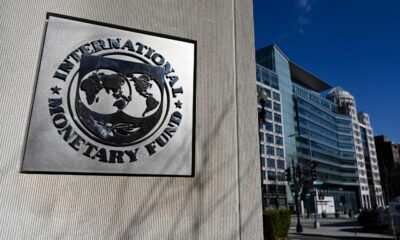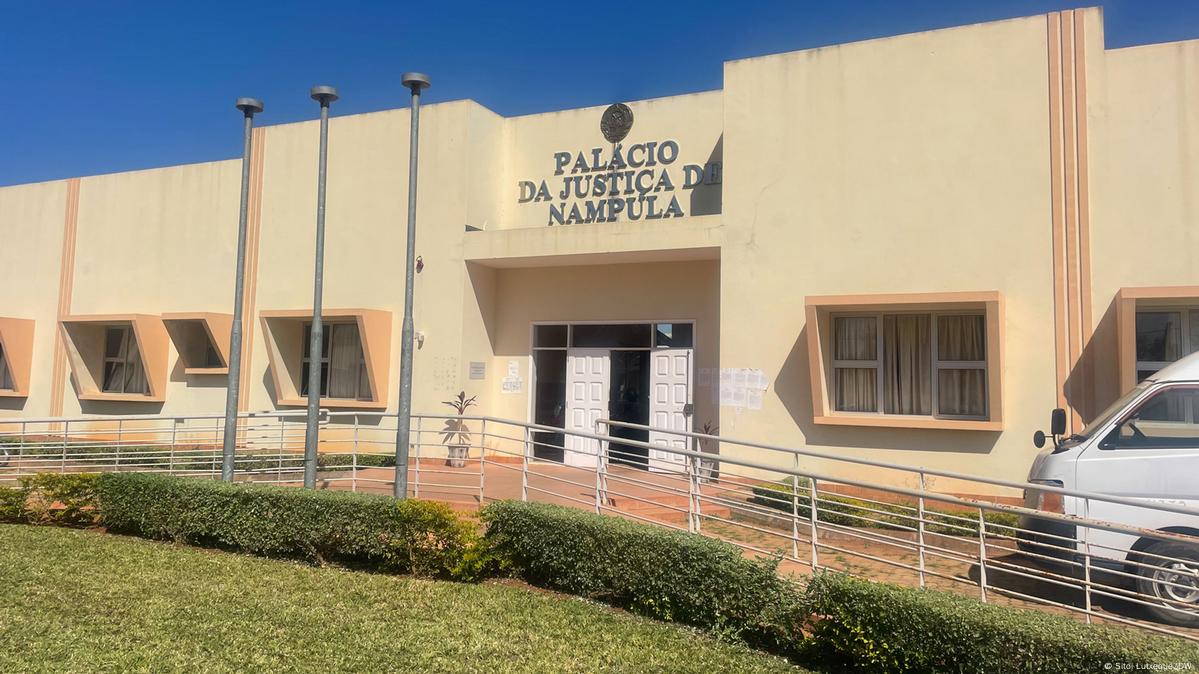On Sunday, Egypt joined Uganda and Zambia to enact new orders regulating social media usage in their respective countries. This has raised fears about citizens rights to free speech and dissent.
Egypt already wears the tag of “one of the world’s biggest prisons for journalists”.
The BBC reports that Egypt’s parliament on Sunday passed a controversial law that will allow the state to regulate social media users.
Under the law, a personal social media account, blog or website with more than 5,000 followers could be considered a media outlet and subject to media law.
Critics say the legislation will increase the authorities’ ability to crack down on free speech and dissent.
A number of opposition activists have been arrested in recent months on charges of spreading false news online.
Tens of thousands of people have been detained in Egypt since 2013, when the military overthrew Mohammed Morsi, Egypt’s first democratically elected president, following mass protests against his rule.
The new law – passed by two-thirds of MPs – placed popular accounts on Facebook, Twitter and other social media platforms under the supervision of Egypt’s media regulator, the Supreme Council for the Administration of the Media.
Read Also: Tanzanian’s President Magufuli will accept no ‘insults’
The council was also given the power to block websites and file criminal complaints against platforms and individuals accused of offences such as “inciting people to violate laws” and “defamation against individuals and religions”.
Laws passed in 2015 make it a crime to publish or promote any news about terrorist incidents that contradicts official statements.
The government has also blocked hundreds of websites since last summer, including those of news outlets, NGOs and human rights groups.
Reporters Without Borders ranks Egypt 161 out of 180 countries worldwide for press freedom, describing it as “one of the world’s biggest prisons for journalists”.
































